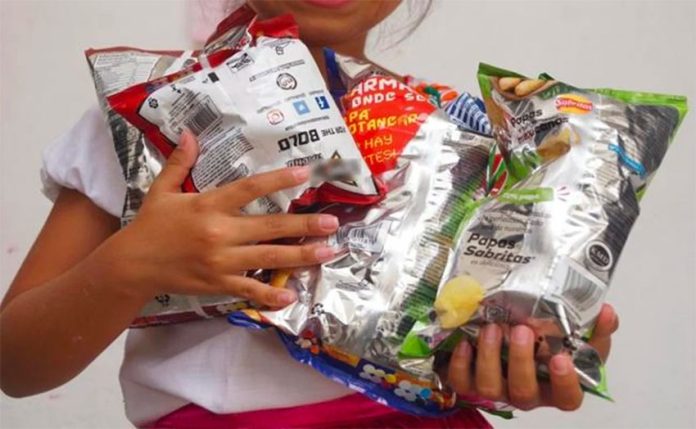The governor of Tabasco has announced he will introduce an initiative similar to the one approved Wednesday in Oaxaca, which prohibits the sale or distribution of junk food to minors, effectively putting overly sweet products in the same category as alcohol and cigarettes.
Oaxaca was the first state to take such a step.
“We are also working on a reform initiative to the General Health Law so that the sale of bottled soft drinks, industrialized sugary drinks and food that some say is junk is not allowed in schools,” Adán Augusto López Hernández said Thursday, adding that early in his administration he did the same thing with hospital vending machines.
“We must return as much as possible to [eating] traditional food, and we must start with the children so that they are educated,” López said.
The Oaxaca measure, which was backed by the United Nations Children’s Fund and other international organizations, has drawn criticism from business owners.
Cuauhtémoc Rivera, president of the National Association of Small Merchants (Anpec), commented that in a state where 66% of the population lives in poverty “you are asking them to have a California diet.”
Rivera also warned that Oaxaca’s 58,000 corner stores could lose at least 50% of their sales due to the measure and urged Governor Alejandro Murat to veto the bill.
Small shops are already having a rough time of it. A study by the consultancy Bain & Company revealed that during the first half of the year, around 150,000 corner stores closed across Mexico, and if conditions do not change another 50,000 could close each month.
The average corner store inventory is 70% soft drinks and packaged foods and a decrease in the sale of these items would represent a significant burden for shopkeepers.
According to Anpec, “prohibiting the sale of these products is a measure that will close many of the small businesses in Oaxaca, causing job losses, more business closings and despair in the families that make a living from their sale,” the association stated. “With this initiative, in Oaxaca a 17-year-old will be able to work, drive a vehicle or complete military service but not buy chocolate, a pastry or a soft drink at their neighborhood store.”
The enactment of the law comes as health authorities blame Mexico’s high coronavirus death toll on diet-related diseases such as diabetes and obesity. Deputy Health Ministry Hugo López-Gatell, who has declared his support for the Oaxaca law, last month described soft drinks as “bottled poison.”
The governor of Puebla, Miguel Barbosa, joined the Tabasco governor in praising Oaxaca’s anti-junk food law and said that he, too, might consider such a measure.
Source: Milenio (sp), El Financiero (sp), La Razón (sp), El Universal (sp)
